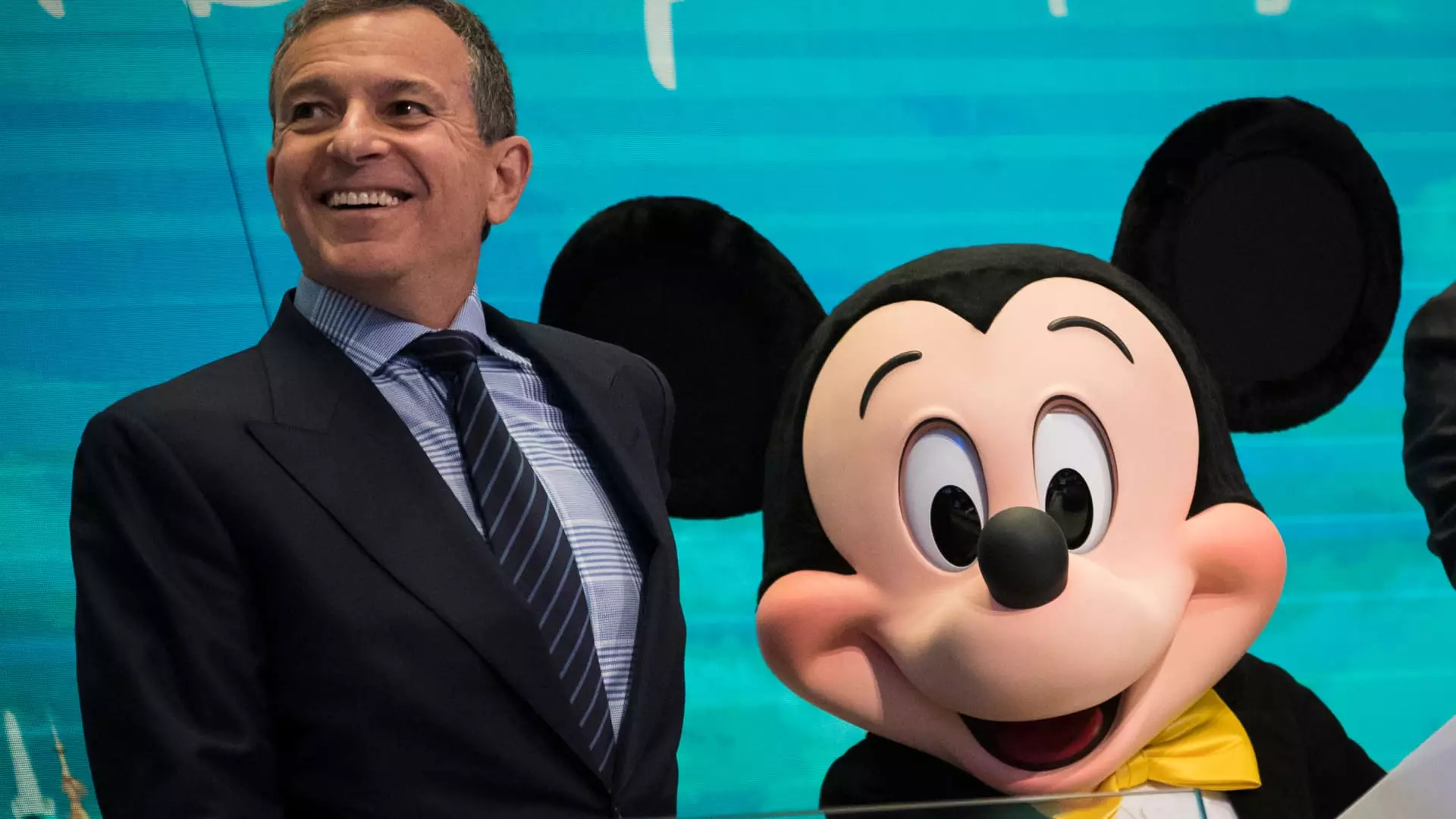Disney shareholders recently reelected the media conglomerate’s full board in a move that dealt a blow to activist Nelson Peltz and former Marvel CEO Ike Perlmutter. Despite the efforts of Peltz-led Trian Partners to push for change within the company, the board’s decisions, including the reinstatement of CEO Bob Iger and efforts to rejuvenate the media giant, were affirmed by shareholders. Peltz sought to remove two directors, Maria Elena Lagomasino and Michael Froman, citing underperformance, unsuccessful succession planning, and misdirected investments. However, shareholders backed Lagomasino by a significant margin, resulting in a victory for Disney’s current board.
Disney spared no expense in defending its board during the proxy fight, garnering support from influential figures such as George Lucas, Jamie Dimon, and Laurene Powell Jobs. Despite the significant resources deployed by Peltz and his firm, including an estimated $40 million, Disney managed to secure the backing of its two largest shareholders, Vanguard and BlackRock. While Peltz claimed some credit for the increase in Disney’s shares, ultimately, his efforts fell short of convincing shareholders of a viable plan to address the company’s challenges.
Despite their defeat in securing board seats, both Peltz and Perlmutter, who control a substantial stake in Disney, saw gains as the company’s shares surged. Peltz retains a $3.98 billion stake in Disney, representing about 2% of total shares outstanding. The success of their campaigns at other companies adds to their influence, despite the outcome at Disney. While Peltz and his firm expressed disappointment with the results, they acknowledged the impact they had in steering Disney towards value creation and governance improvements.
As Disney moves forward, it faces significant challenges, including the ongoing decline in ESPN subscribers and the mounting competition from streaming services. The company’s streaming business has experienced substantial investment losses as it seeks to compete with industry leader Netflix. Additionally, Disney is once again on the hunt for a successor to CEO Bob Iger, following a previous botched succession attempt. The company’s ability to address these issues and sustain its growth momentum will be critical to its future success.
The re-election of Disney’s board signifies shareholders’ confidence in the current leadership and strategic direction of the company. Despite the spirited proxy battle led by activists like Nelson Peltz, Disney emerged victorious, bolstered by the support of key stakeholders and influential figures. As Disney navigates the evolving media landscape and tackles its internal challenges, the focus remains on driving growth, creating value for shareholders, and delivering creative excellence to consumers. The outcome of this proxy contest serves as a reminder of the complexities and stakes involved in corporate governance and shareholder activism in the modern business environment.

